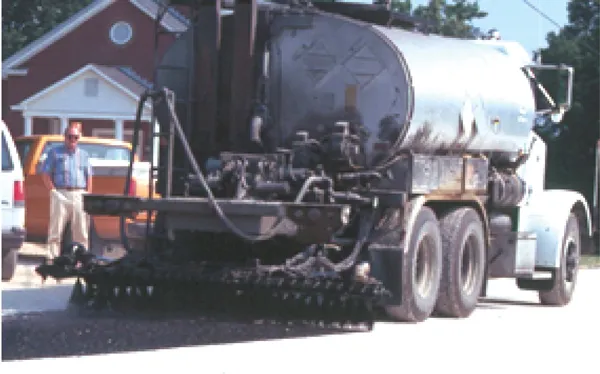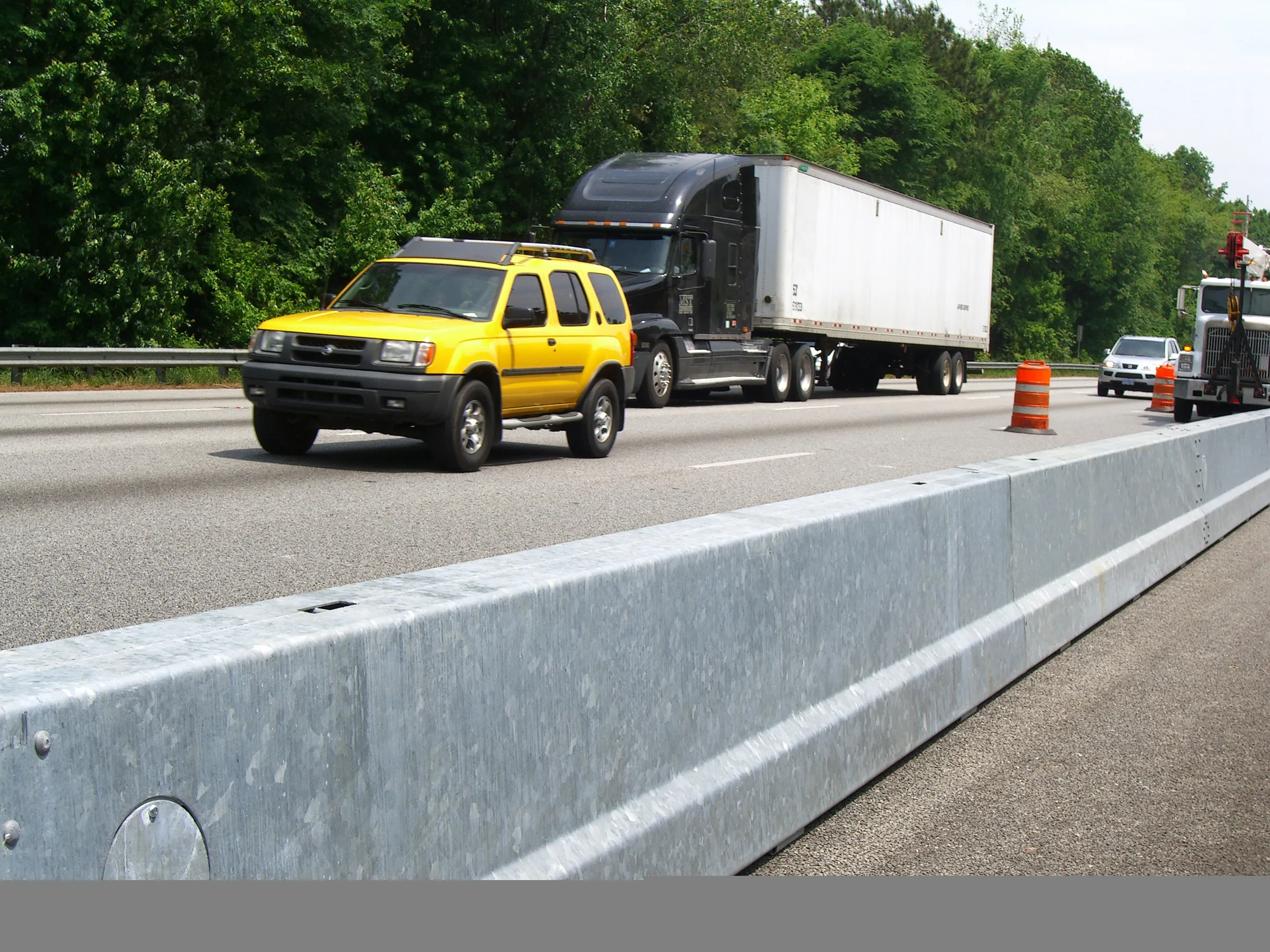
Heavy traffic on a road stretch in northern Algeria has resulted in the need for rebuilding of the link, making it better able to cope with demand. In Algeria’s Msila region, the RN 45 road carries over 700 heavy load trucks/day, 365 days/year and required a major re-construction. In 2017, LafargeHolcim partnered with
Applied on a 3.6km portion and designed to support heavy traffic with low maintenance, the selected structure is a 250mm RCC layer set in-between a 150mm natural gravel sub-base and a bituminous surface dressing using bituminous double chip sealing coating. This innovative approach for Algeria allowed the reduction in construction costs by about 25% compared to conventional methods. It has also reduced construction time by 40%, a key benefit given the heavy industrial traffic. Moreover, this new structure will increase the durability of the road stretch, which is calculated to last for 15-20 years. Following a global sustainable agenda from LafargeHolcim, this solution uses local materials and reduced the need for transporting materials by road and associated carbon emissions or road networks demolition. To develop this RCC solution, LafargeHolcim used its in-house specialists in road pavement from its R&D centre based in Lyon, France, as well as road experts from Algeria and continental Europe. The team asse
ssed the best solutions and products for the specific needs of the RN 45 project.
This project in Algeria is a great example of a growing interest towards a more rational and sustainable road construction sector. LafargeHolcim and its partners decided to use all the capabilities of a world leader to help build better roads.
This Algerian project is one aspect of how LafargeHolcim is developing solutions addressing key concerns of road construction: overcost, shortage of materials, quality issues and durability. Similar approaches to Algeria are driven in all regions from Azerbaijan and Argentina to Egypt, the Philippines and Zimbabwe.
Bringing this to life requires a wide range of integrated solutions and services available locally. This includes traditional products such as road binders, both natural and recycled aggregates, specialty concretes, and specific offers for soil stabilisation, land remediation, or hot mix asphalts solutions, to name a few.
LafargeHolcim is committed to help road players analyse and select road solutions. Materials engineering is not often considered at project design stage and certainly not enough by decision-makers. Typically, resource-efficient solutions for a road network would save 0.2-0.4% of a country’s GDP, each year.
Moreover, materials play an important role in the carbon emissions behaviour over a project’s lifetime. Carbon reduction impact can go up to 50%, according to local sourcing options, an encouraging feature when most international communities are focused on financing low carbon solutions.









